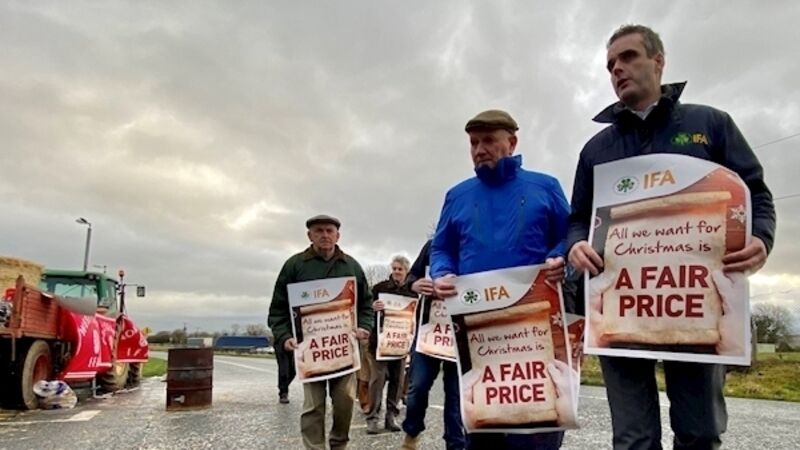Stephen Cadogan: Tensions in the sector were obvious at the inaugural meeting of the taskforce

The next meeting of the beef taskforce will take place on Monday, January 9, with Irish and UK retailers invited to participate to discuss market trends and requirements, specifically bonus criteria currently applied to Irish beef cattle prices.
Hopefully, New Year hostilities will not break out in the sector in the meantime, but that cannot be guaranteed.













